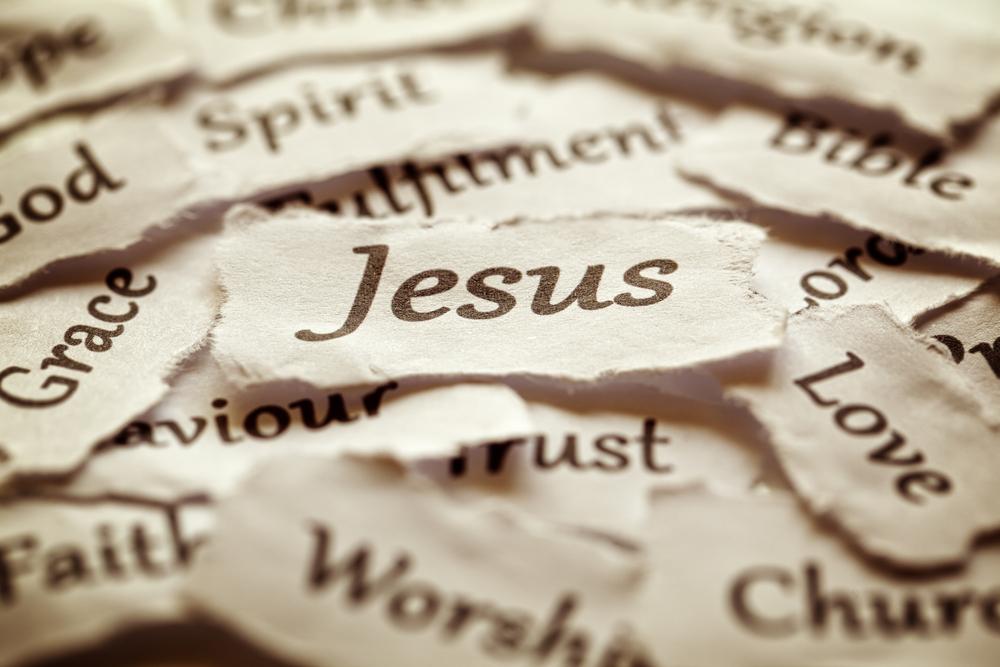2nd Sunday in Advent - Prepare the Way
/Preacher: Jones Liwewe
Verses: Luke 3:1-6
God is more concerned with our spirituality and our relationship with Him
Luke starts the passage by recording seven historical figures because; (i) He wants us to know that this is a historic event, (ii) He wants us to know the circumstance the Jewish nation suffered under the leadership of these seven figures. The Jewish nation was under the leadership of: The pagan Roman Empire (Tiberius Caesar and his governor Pirate), three ungodly local leaders (Herod, Philip and Lysanias), and 2 corrupt spiritual leaders (Annas and Caiaphas). Historically, at this time Palestine and the rest of the Roman Empire was filled with corruption, struggles for power, political unrest, economic crisis, social upheaval, religious apostasy. In addition to this situation, the nation experienced 400years of silence from God. However, this circumstance led to a profound Messianic expectation by the Jewish nation (Luke 3:15).


















